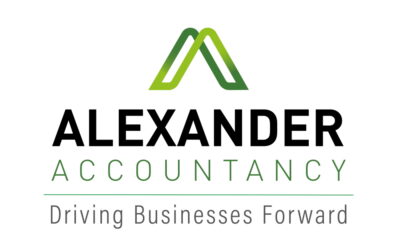30th March 2022 Posted by - Alexander Accountancy
If you are thinking about purchasing a company car through a limited company, there are many issues that need to be considered. In this short article we will point out some of the main issues to be aware of, but it is important to properly research this area and weigh up all the available options.
The tax treatment of the purchase will depend on how the purchase of the company car is financed.
The purchase of a company car will be classed as a fixed asset and tax relief will be obtained by way of capital allowances. The amount of capital allowances that can be claimed will fall within one of the following 3 categories:
- 100% First Year Allowance. New and unused electric or zero emission cars emission cars benefit from 100% capital allowances. This means that 100% of the cost of the car can be deducted in the first year.
- 18% of the car’s value (main rate allowances). This effectively means that 18% of the purchase price can be deducted from your profits each year before you pay tax.
- 6% of the car’s value (special rate allowances). This effectively means that 6% of the purchase price can be deducted from your profits each year before you pay tax.
It is clearly demonstrated from the percentages above that the government is encouraging employers to choose more fuel-efficient vehicles by offering a tax incentive.
The company will also be liable to pay Class 1A NICs in respect of the provision of a company car based on the car benefit charges. Employers currently pay Class 1A NICs at the rate of 13.8%. This is increasing to 15.05% from 2022-23. There will be additional Class 1A NICs due where the company pays for private use of fuel.
The employee benefitting from the use of a company car will also face additional tax costs from the use of their company car. This depends on the rate of tax they pay, the value of the car and its C02 emissions.
Need further advice? Please call 01283 743851 or email in**@al*******************.uk
Source: HM Revenue & Customs Mar 2022
